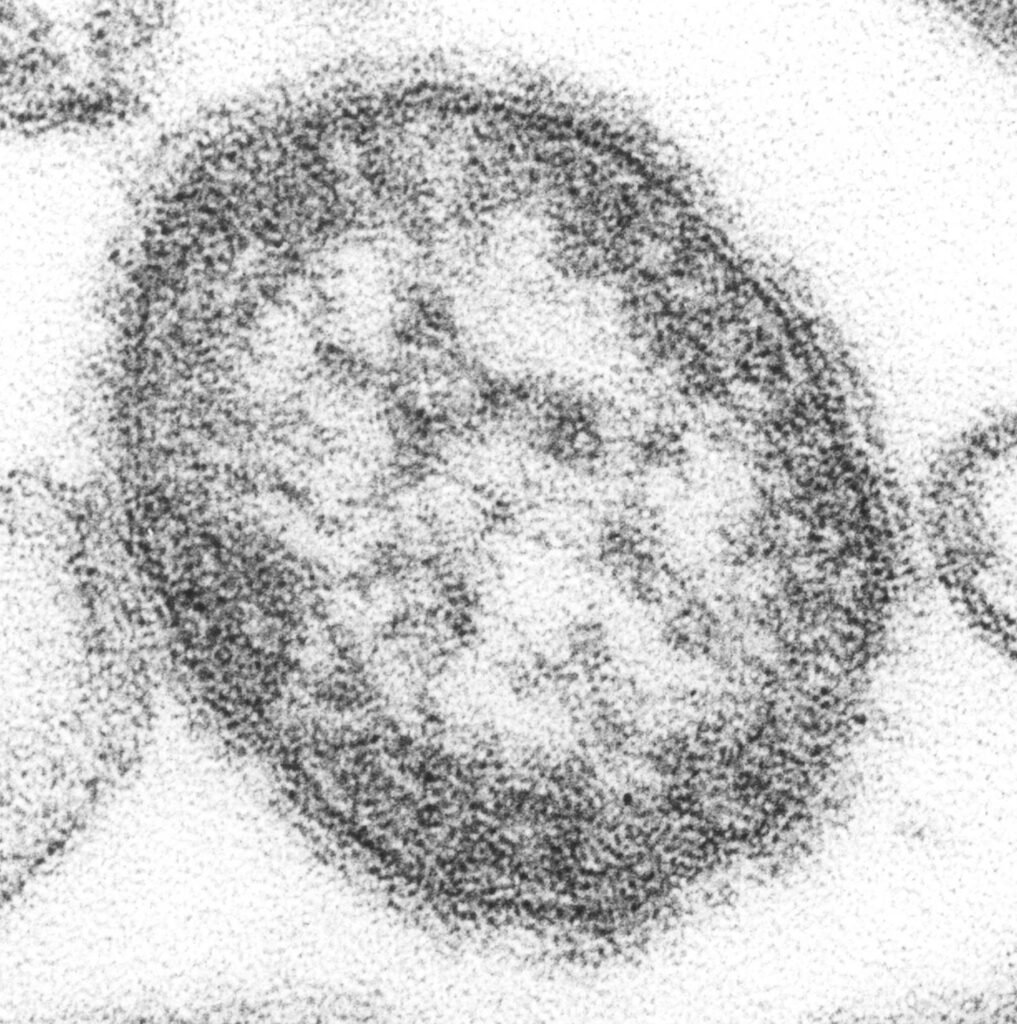An innovative breakthrough in disease surveillance has been achieved through a program that tracks viruses in wastewater, leading to the early detection of the measles virus in Houston samples collected in January 2025. This groundbreaking program, developed by a team of researchers from Baylor College of Medicine, the School of Public Health at University of Texas Health Science Center—Houston, the Houston Health Department, and Rice University, has been detailed in a recent publication in the American Journal of Public Health.
Utilizing a sequencing-based approach, the researchers were able to identify the presence of the measles virus in wastewater before any cases were reported. This method, which analyzes genetic material, has significant implications for public health as it can serve as a sentinel surveillance system to detect viruses before they lead to widespread outbreaks. With measles cases on the rise in Texas and across the country, this study presents a promising strategy to proactively address potential outbreaks.
Dr. Anthony Maresso, co-corresponding author and Professor in Molecular Virology and Microbiology at Baylor, emphasized the importance of wastewater surveillance in understanding viral dynamics within a community. Drawing parallels to meteorological data used to predict weather patterns, he highlighted the role of this approach in enhancing outbreak understanding and public health preparedness.
The study reported the detection of the measles virus in samples collected from two Houston water treatment facilities serving over 218,000 residents on January 7. Subsequent validation through collaboration with the Houston Health Department and Rice University confirmed the presence of the virus in travelers residing in the same area. This successful validation underscored the high sensitivity of the sequencing method employed by the researchers.
Dr. Sara Javornik Cregeen, co-first author and assistant professor at Baylor, noted that previous wastewater samples from the same area had been negative for the measles virus over the previous 31 months. This further supported the specificity and accuracy of the sequencing-based approach in detecting viral signals.
Looking ahead, the research team is expanding their monitoring efforts to address the current measles outbreak in West Texas. While measles viruses are not currently detected in Houston wastewater, they are being identified in cities in West Texas. Weekly data on concerning viruses is being compiled and made available through a publicly accessible sequencing-based health dashboard.
Dr. Eric Boerwinkle, co-corresponding author and dean of the UTHealth Houston School of Public Health, emphasized the role of sophisticated wastewater analyses as an early detection system to prevent outbreaks. He reiterated the importance of vaccination as the best protection against contracting the measles virus, highlighting the safety and efficacy of the MMR vaccine.
This collaborative research effort represents a significant advancement in disease surveillance and outbreak prevention, showcasing the potential of innovative approaches to safeguard public health. By leveraging cutting-edge technology and interdisciplinary expertise, the team has demonstrated the power of proactive monitoring in mitigating the impact of infectious diseases.


